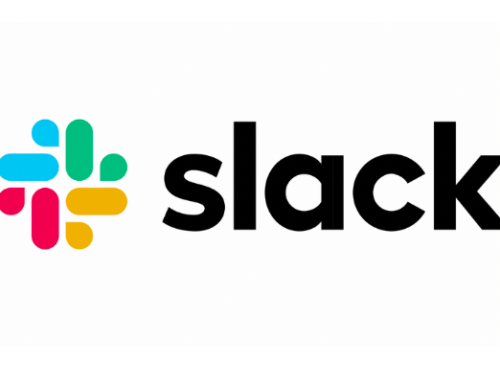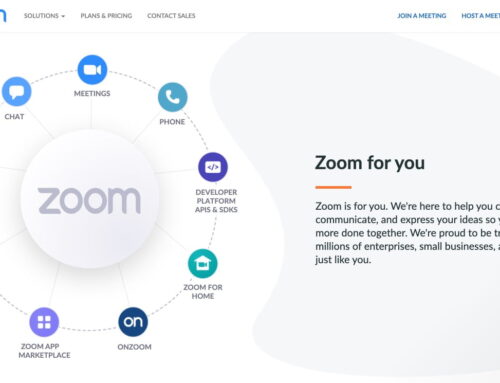A VPN is a Virtual Private Network and is essentially used for 2 main objectives: securing your internet connection and to circumvent geo-restrictions and censorship.
When you access the internet from anywhere in the world without a VPN, your connection to any websites you visit may not be private.
It may be secure if you see the “Secure” or “Https” on the address bar of your browser but not necessarily private, these are two different concepts.
While it’s important to ensure your connection is secure, especially when you do online banking or visit any government agency websites, ensuring your connection is also “private” can help in certain instances.
Let’s discuss briefly about “geo-restrictions” and “censorship” but ensure you read all the way to learn about the most important part: “securing your internet connection”!
What are “geo-restrictions” and “censorship”?
The “geo-restrictions” concept can simply be explained by taking the example of Netflix, the streaming media platform.
Due to movie rights and agreements in different parts of the world, Netflix can’t provide access to its entire catalogue to every subscriber in the world.
When you are based in Canada, for example, you have access to the Canadian catalogue and maybe some global titles too but you may not have access to the French catalogue from France or the Italian, Spanish, Australian… unless you are physically on the soil of such countries.
While a VPN could potentially help you fake your presence in such country by choosing an IP from another country to connect through, we would not advise it as it breaches the terms of use of Netflix and they’ve been working hard at making sure it gets enforced.
However, for any other uses, if you feel like you’re not breaching any laws or terms of use, there may be instances where connecting to the internet as if you were physically in another country can have its advantages.
The “censorship” may only apply to certain countries in the world that control what their citizens have access to and is usually confined to a small handful of countries in the world.
Using a VPN in this situation may help you bypass such “censorship” and access websites you would usually be blocked from.
Securing your internet connection
This is the most important reason to use a VPN for the majority of us.
When you connect from your favorite Starbucks Coffee, a hotel or an airport, meaning an “unprotected wifi network”, your connection may be at risk of being hacked and some of your personal information may be stolen without your knowledge.
A VPN essentially creates a secure connection through the wifi network you’re connected to.
If you were to imagine your “unsecure wifi connection” as radio waves, like a radio you listen to, the information is “floating” freely over the air and may be grabbed by any hacker relatively easily.
With a VPN, it’s like creating a strong pipe made of steel that connects your device to the website you’re visiting.
No more exposure of your data, nobody can see your info nor break/pierce this pipe.
The information you’re now sharing with this website, especially when doing online banking, is now protected.
We use Dashlane, the password vault application, to help us keep all our passwords secure and it comes with a VPN feature you can use to protect your connection, regardless of the device you use to go online (laptop, smartphone, tablet).
While there are numerous VPN services out there and we would recommend you do your research to find out which one suits your needs better, if you feel like using the one we use (tested extensively by our team), you may wish to use this referral link, which will provide you with 6 months for free:
https://www.dashlane.com/cs/V0SZTI7TGvIg


